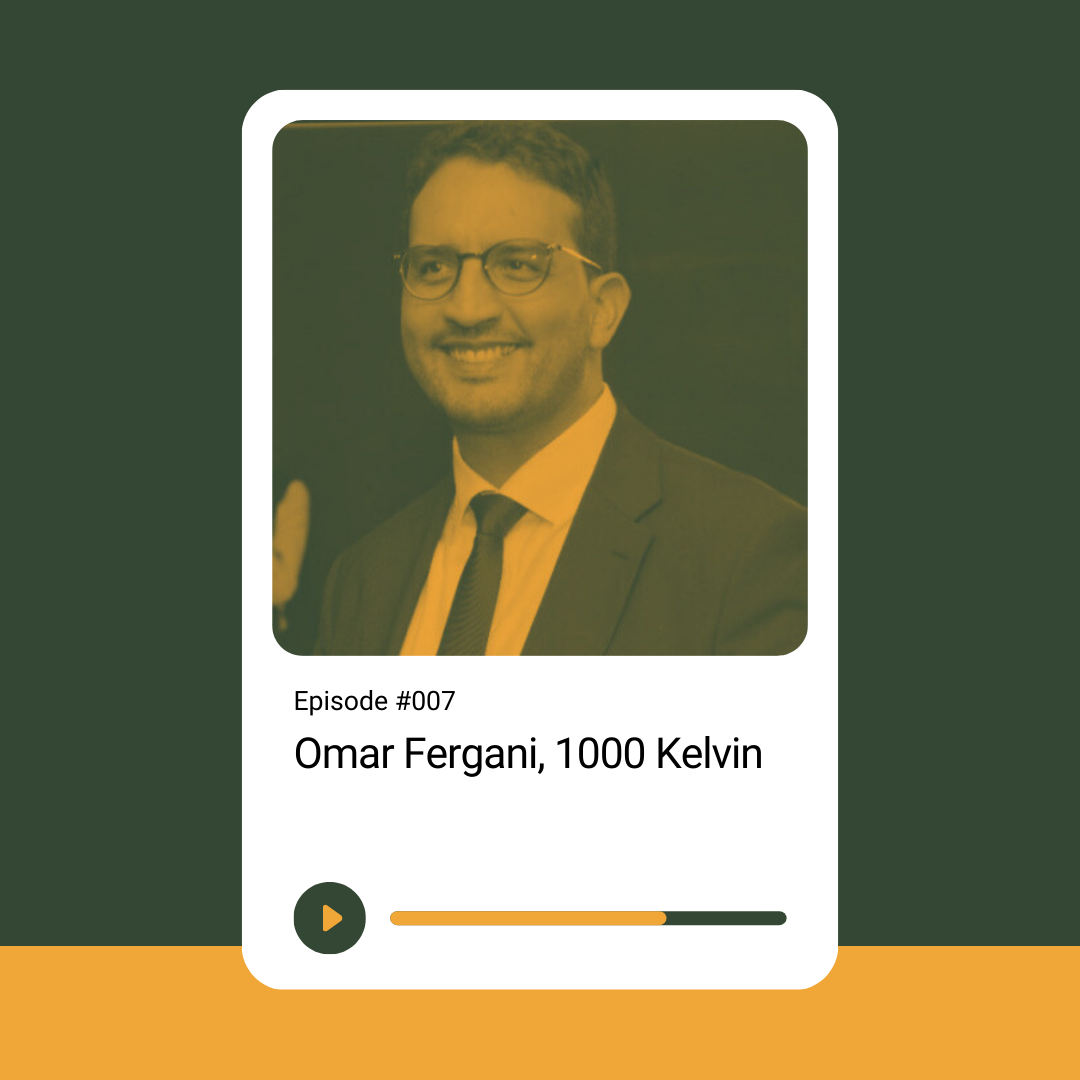Interview– Omar Fergani, 1000 Kelvin
Watch the full episode :
In a recent conversation between MANSUS’s Jim Woodcock and Omar Fergani, Co-Founder of 1000 Kelvin, the spotlight was on addressing these challenges through the deployment of Artificial Intelligence (AI). Fergani shared insights into how AI-driven technologies are reshaping the landscape of AM.
Fergani’s journey into AM began over a decade ago, fresh out of Georgia Tech, where he witnessed both the potential and limitations of the technology while working in the oil and gas industry. Recognizing the need for advanced solutions to tackle the complexities of AM, particularly in addressing issues like residual stresses, he and Co-founder Dr. Katharina Eissing embarked on a mission to leverage their expertise to drive innovation in the field.
Bridging the gap
Fergani’s experience at Siemens, where he played a role in developing software for AM, shed light on the gap between simulation technologies and real-world manufacturing challenges. It became evident that traditional approaches were inadequate in meeting the demands of the shop floor, where speed and production efficiency are paramount. This realization fueled his determination to bridge the gap between simulation and production, leading to the inception of 1000 Kelvin, a company dedicated to harnessing the power of AI to revolutionize AM.
At the core of 1000 Kelvin’s mission is the development of AMAIZE, AI-driven circuit models that serve as co-pilots in the AM process. By accurately predicting and addressing complex physics challenges upfront, the company aims to empower engineers and streamline the AM workflow, ultimately driving success and mitigating risks associated with AM.
Repeatability, reliability, and scalability
Central to 1000 Kelvin’s approach is the integration of AI technologies into existing workflows, making it seamless for engineers to leverage advanced solutions without the need for extensive retraining or workflow overhauls. Through partnerships with OEMs and continuous innovation, the company is paving the way for AM to achieve higher levels of repeatability, reliability, and scalability across industries.
One of the key challenges addressed by 1000 Kelvin is the relatively high failure rates prevalent in AM, often resulting from design inefficiencies, material limitations, and process complexities. By providing engineers with AI-powered tools for predictive analysis and optimization, the company aims to significantly reduce failure rates and thus enhance the overall sustainability of the AM process.
Moreover, 1000 Kelvin’s focus extends beyond individual parts to encompass the entire AM value chain, from design to production. By leveraging AI to optimize design for manufacturability and material selection, the company is empowering manufacturers to unlock new opportunities and drive innovation in their respective industries.
As you can here in the conversation, the road to widespread adoption of AM is paved with challenges, but with the right technologies and strategies in place, the potential for transformative change is limitless. By harnessing the power of AI, companies like 1000 Kelvin are not only seeking to revolutionize AM but also shape the future of manufacturing, one innovation at a time.

